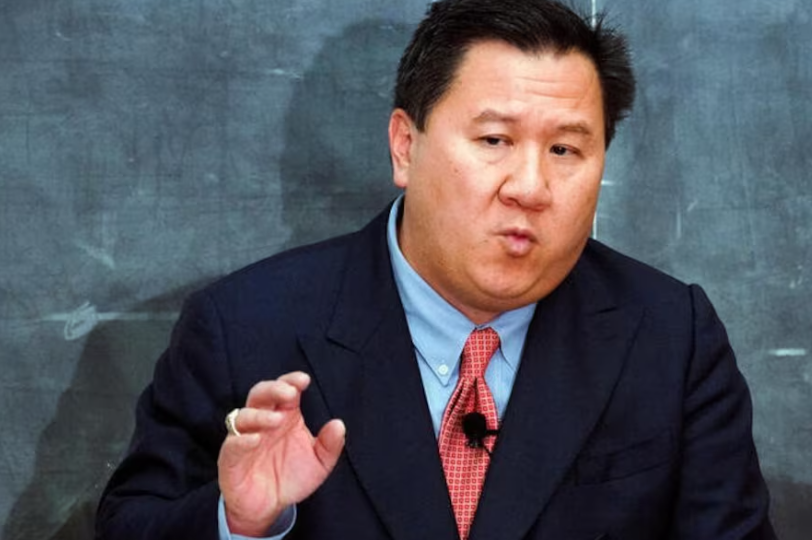In a speech to the Midland County Bar Association, conservative federal appeals court judge James Ho criticized the U.S. Judicial Conference’s new judicial assignment policy.
He argued it succumbed to political pressure and undermined judicial independence. Ho emphasized that judges should adhere to the law without bending rules to avoid criticism.
He condemned the idea of altering rules in response to political pressure, calling it akin to gerrymandering.
The policy, implemented on March 12, randomizes judge assignments for lawsuits challenging federal or state laws. This change aims to prevent “judge shopping” where litigants choose preferred judges.
It disrupts a tactic often used by conservative litigants in Texas districts with Republican-appointed judges.
These judges typically favor conservative rulings on issues like abortion, immigration, and gun control. Despite being non-binding, the policy leaves it to individual district courts to decide its adoption.
The chief judge of Texas’ Northern District stated they won’t adopt it for now. In Donald Trump’s hush money criminal trial, his defense lawyers and New York prosecutors challenged prospective jurors.
Ho, a member of the conservative-majority 5th U.S. Circuit Court of Appeals, opposed the policy early on. He argued against the notion that conservatives solely engage in forum shopping.
Ho cited an instance where the Biden administration’s Justice Department filed a lawsuit challenging a Texas law. They chose to sue in Austin rather than the border city of Del Rio. He described such forum shopping as a consequence of attorneys’ flexibility in selecting venues.
Ho pointed out bipartisan concerns in Congress about judges favoring specific cases in bankruptcy and patent arenas. However, he criticized the Judicial Conference’s policy for failing to address these concerns.
Ho highlighted the danger of single-judge divisions issuing nationwide injunctions. He suggested abolishing nationwide injunctions if they pose a problem.

